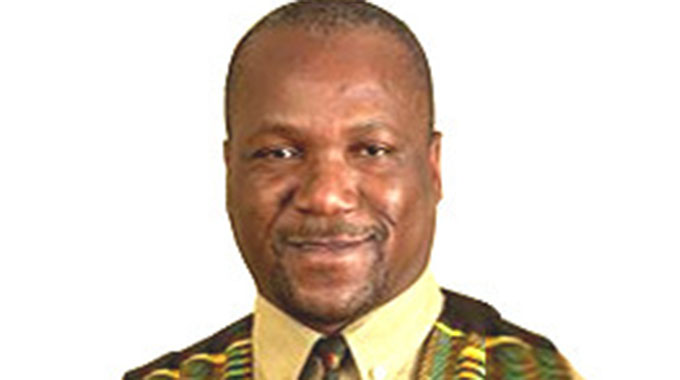Chinomona takes over APU

Herald Reporter
Senate president Cde Mabel Chinomona has officially taken over the presidency of the African Parliamentary Union following her election at the APU 44th Conference held in Victoria Falls in November last year.
Cde Chinomona took over the reigns of the APU on Sunday at the organisation’s headquarters in Abidjan, Cote d’Ivoire, from Mr Mohamed Ali Houmed, who is also the Speaker of the Parliament of Djibouti.
In her remarks, during a dinner hosted by Mr Adama Bictogo, Speaker of the National Assembly of Cote d’Ivoire, Cde Chinomona thanked him for his contribution and unwavering support of initiatives of the APU aimed at strengthening regional cooperation and unity as well as parliamentary diplomacy.
The election of Cde Chinomona follows the elevation of a number of Zimbabweans to various international bodies, a development that has been attributed to President Mnangagwa’s engagement and re-engagement policy.
Last year, Dr Cosmas Zavazava was elected director of the Telecommunications Development Bureau while the country won a seat at the UN’s specialised agency for civil aviation, the International Civil Aviation Organisation Council.
Zimbabwe Chiefs Council president Chief Fortune Charumbira was also elected president of the Pan African Parliament last year.
“Accordingly, she pledged to continue on the positive trajectory to ensure that the core values and objectives of the APU are realised with particular emphasis on universal membership of the APU, gender and youth issues which she is passionate about,” reads a statement from Parliament.
She also expressed gratitude to Mr Houmed for steering the APU for the past three years under particularly difficult circumstances related to the global COVID -19 pandemic.
Cde Chinomona also committed to strengthening the continental Parliamentary body with particular emphasis on the following: universal membership; clearing of arrears in assessed contributions by member Parliaments; gender issues, youth issues and exploring new opportunities with new external partners.
“Honourable also Chinomona emphasised the need to strengthen the APU and position it as a strong and respected parliamentary institution.
“This can only be achieved through collective action. As representatives of the people, the voices of parliaments should be heard in the formulation of resolutions aimed at addressing the myriad of challenges affecting the African continent and the globe,” the statement further reads.
She also pledged to continue efforts to promote new membership to the organisation, particularly from parliaments from Southern Africa; address the issue of payment of assessed contributions by member Parliaments; engage external partners who share the same values as the organization, particularly the Inter-Parliamentary Union and the United Nations Office for Counter-Terrorism with whom a memorandum of understanding is being developed; consolidate good relations with national parliaments and strengthen relations with international parliamentary organisations.
Before her election Cde Chinomona served as APU’s Chairperson of the Committee of Women Parliamentarians of the APU as well as the Vice President of the APU representing the Southern African region.
The APU is a continental inter-parliamentary organisation to promote unity of action among parliamentary institutions of all African States; to dedicate the APU as forum of national parliaments of the African continent and as instrument of dialogue and parliamentary cooperation in the service of peace, democracy, good governance and sustainable development; to strive for the systematic establishment of an authentic law-based African community founded on the political, economic, social and cultural realities of the continent and to encourage contacts among African parliamentarians, on the one hand, and between African parliamentarians and parliamentarians of other continents, on the other hand.











Comments